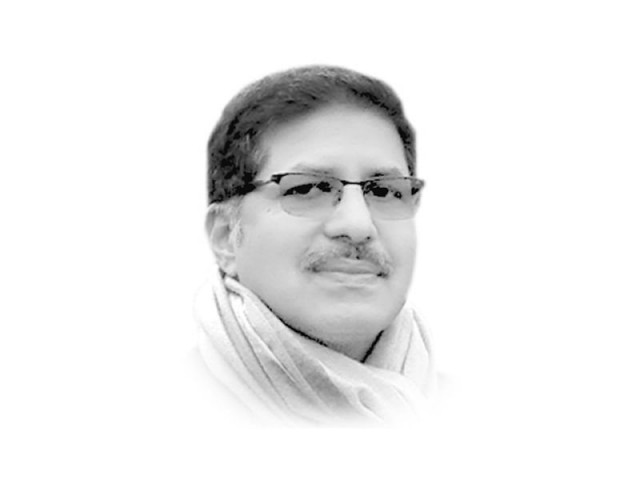Ballot is stronger than the bullet
What we have achieved through these elections is historic and something to be proud of.

The writer is advocate of the Supreme Court of Pakistan and senior partner at Mandviwalla & Zafar
The positive side, first and foremost, is that the Taliban’s bid to destroy democracy in Pakistan by unleashing a wave of terror has been foiled by the sheer will and courage of the people. I am reminded of the saying by Abraham Lincoln that “the ballot is stronger than the bullet”. Armed with a strong mandate, the new government can now mount an effective counter strategy against militants. Secondly, people have shown that governance matters and any new government will now have to perform for the people’s welfare or else be booted out. We are sure to see positive activity in the country. Thirdly, the PTI led by Imran Khan has come out as a possible third option. Its greatest contribution is that it managed to attract voters from all over Pakistan.
But the tsunami touted by the media never came. There was no repetition of Zulfikar Ali Bhutto’s 1970 wave when it was said that the people would vote even for a pole as long as it represented the PPP. Unknown candidates fielded by the PTI (with the exception of Khyber-Pakhtunkhwa) received a drubbing at the hands of candidates from established political families. The voting pattern has shown that our people are still conservative and do not want a change, at least right now.
Experts say that the awam has given the mandate to Nawaz Sharif. I disagree. The vast majority of those who won from the PML-N are winning candidates who have won many times before from one party’s seat or another. One candidate who has been a parliamentarian four times, first on a ticket from the PPP, then the PML-N, then the PML-Q and now again the PML-N, remarked: “We have an established vote bank. Combination of our votes with some additional votes of the party in whose favour the wind is blowing is a sure recipe for success.” Sharif acted with political foresight in awarding tickets to electables. Although some were critical and called this lotacracy, wisdom told Sharif that all will be well once the numbers were achieved. This was visible almost immediately. The fact is that people have largely rejected the PPP, having become sick of power outages and rising prices, but have still voted for candidates with big names. Even the big guns have only lost against traditional rivals. Had the PML-N fielded PTI candidates and vice versa, results would have been different.
What we have achieved through these elections is historic and something to be proud of, but the PML-N will have to address the feeling of deprivation in the smaller provinces and, despite being a majority, should form a coalition government with some representation from other parties representing other provinces. At the same time, the PTI has its task cut out. It must try and form the government in K-P and silence critics who say that it has no experience in governance.
The words spoken by an unknown young boy celebrating the PTI victory on the streets of Peshawar struck me. He was asked why he voted for change and he said: “All we want is education and peace.” We expect at least five governments to be formed in Pakistan with different political heads, and this theme of education and peace should be central to their performance. We have to now watch and see.
Published in The Express Tribune, May 16th, 2013.














COMMENTS
Comments are moderated and generally will be posted if they are on-topic and not abusive.
For more information, please see our Comments FAQ